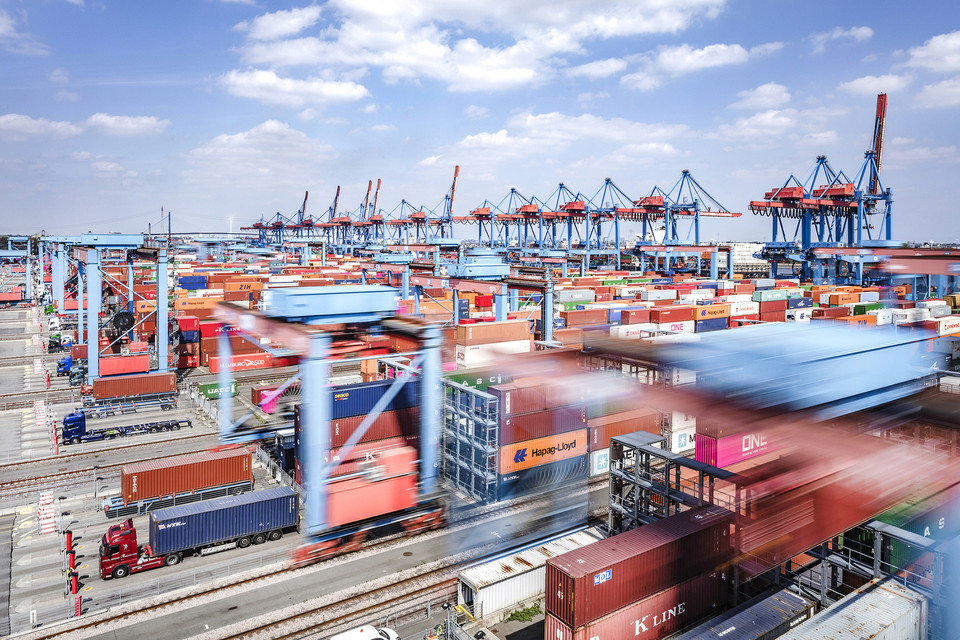Maritime Terminals Logistics
Our Optimization Modules for maritime and inland container terminals optimize container movements as well as the deployment of corresponding equipment in real time.
As the maritime industry becomes more digitized and reliant on technology for navigation, communication, and cargo management, it becomes vulnerable to cyberattacks. Ensuring the cybersecurity of vessels, ports, and logistics systems is a growing concern. Compliance with international regulations, such as the International Maritime Organization's (IMO) conventions and standards, can be complex and costly for the industry, particularly when retrofitting older vessels to meet new requirements.

Simplifying logistics processes in complex situations where time and space is critical.